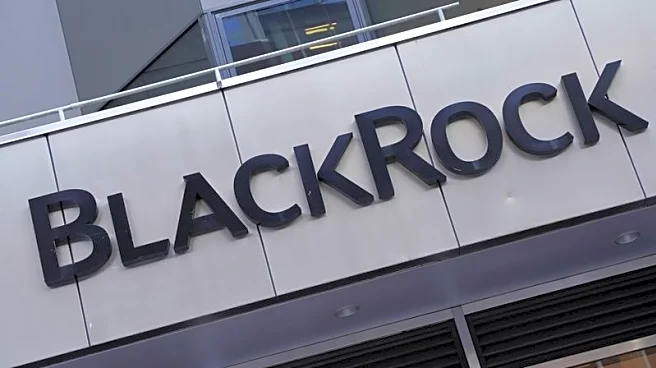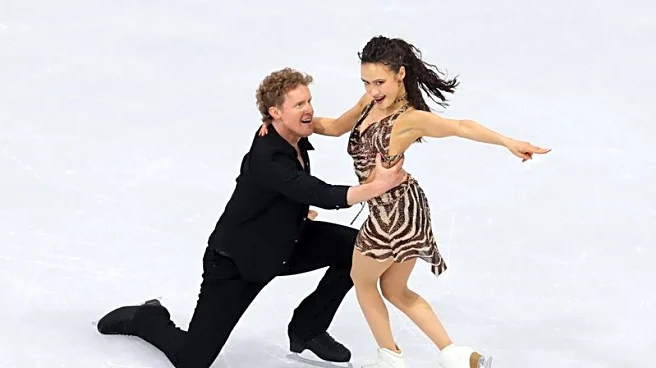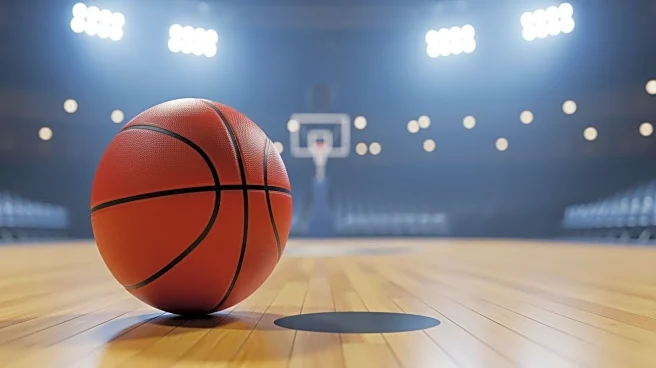What's Happening?
Tye Kartye, a depth forward for the Seattle Kraken, has dedicated his summer to improving his speed and quickness in preparation for his third full season with the team. Kartye trained in Toronto at the facility of Gary Roberts, a former NHL player and hockey performance training expert. Additionally, he worked with Justin Rai, the Kraken's head of player strategy, in British Columbia. Kartye's goal is to enhance his pace to improve his performance in various aspects of the game, including the penalty kill and forecheck. General Manager Jason Botterill emphasized the importance of Kartye's quickness off the start, noting that the NHL's fast pace requires players to be agile and responsive. Kartye's training included sprinting and on-ice sessions with elite NHL players, which he believes will help him improve his game.
Why It's Important?
Kartye's focus on speed is crucial for his role in the NHL, where the game's pace is a significant factor in a player's effectiveness. Improving his quickness can enhance his ability to contribute to the team's success, particularly in defensive situations like the penalty kill. The training with top NHL players provides Kartye with valuable insights and competitive experiences that can elevate his performance. As Kartye aims to increase his scoring consistency and carve out a role on the penalty kill, his development could be pivotal for the Kraken's depth and overall team strategy. This focus on individual player development reflects broader trends in professional sports where athletes seek to optimize their physical capabilities to meet the demands of high-level competition.
What's Next?
Kartye will continue to apply the skills and improvements gained during his summer training as he enters the new NHL season. His progress will be monitored by the Kraken's coaching staff, who will assess his impact on the team's performance. Kartye's ability to translate his summer efforts into in-game success will be crucial for his career trajectory and the Kraken's strategic plans. The team's management may also consider further investments in player development programs to enhance overall team performance.










